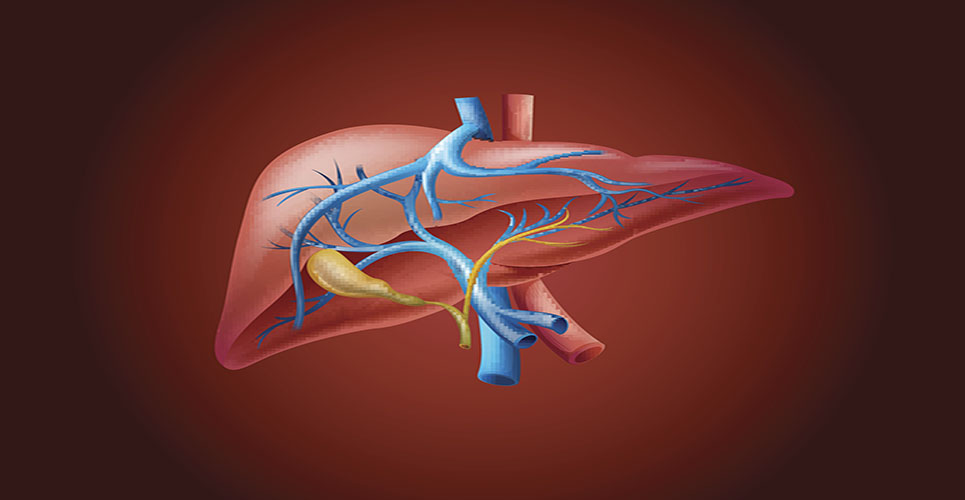teaser
Albireo AB (Gothenburg, Sweden; ‘Albireo’), a biopharmaceutical company specialising in gastroenterology, has announced that A4250 (an inhibitor of the ileal bile acid transporter; IBAT/ASBT) has been granted orphan drug designation by the US Food and Drug Administration (FDA) for the treatment of:
- Progressive Familial Intrahepatic Cholestasis (PFIC)
- Primary Biliary Cirrhosis (PBC)
Orphan-drug designation is granted by the FDA to novel drugs that seek to treat a rare disease or condition and provides seven years of market exclusivity for the product upon regulatory approval. Albireo has previously received similar orphan drug designation for the same disease areas from the European Commission.
Orphan designation was granted based on an extensive preclinical data package showing that A4250 has a high potency and a minimal systemic exposure. In addition, substantial benefits were shown in an animal model of cholestasis; the predominant feature of PFIC and PBC
“We are very pleased with the FDA´s recognition of our technology with A4250 as an orphan medicinal product for the treatment of these liver diseases”, said Dr. Hans Graffner, Chief Medical officer at Albireo. “This designation is an important milestone in our efforts to provide a treatment for patients with cholestatic liver diseases; a disease entity often leading to severe symptoms, liver transplantation and with reduced survival. A4250 is an inhibitor of the bile acid transport mechanism and will decrease the toxic levels of bile acids in the liver cells. The approvals of the orphan drug designation for A4250 both in Europe and in the US provide evidence of the quality of the A4250 research and give us confidence to move forward with the development of A4250 in these liver diseases.”
About A4250
A4250 belongs to a class of inhibitors of the ileal bile acid transporter (IBAT, syn. apical sodium-dependent bile acid transporter ASBT). A4250 decreases the re-absorption of bile acids and will reduce the toxic levels of bile acids in the liver cells of patients with PFIC and PBC. In preclinical models of cholestasis, treatment with A4250 has been shown to be a very potent inhibitor of IBAT/ASBT with only minimal systemic exposure; thereby reducing the risk for systemic side effects and studies have shown that A4250 decreases the damage in the liver cells and the development of fibrosis/cirrhosis of the liver known to occur in PFIC and PBC. Plans are to move A4250 into clinical studies in 2013.
About progressive familial intrahepatic cholestasis (PFIC)
PFIC is a rare disease (approximately 5-10.000 patients in the US) caused by a genetic defect impairing the transport of bile acids thereby inducing toxic levels of bile acid products in the liver inducing severe symptoms such as intractable itching and scarring of the liver (cirrhosis) early in life. Although milder forms exist, most patients will develop severe symptoms in early childhood.
Because medical therapy is ineffective, patients require surgical treatment; otherwise, the disease progresses to liver cirrhosis and failure in the first decade of life. Surgical therapy consists of diversion the bile to a stoma bag or into the large bowel.
If the patient does not get better, or if there is evidence of liver cancer, then liver transplantation may be needed.
About primary biliary cirrhosis (PBC)
PBC is a slowly progressive autoimmune disease of the liver, primarily affecting women; average age when symptoms start is around 40-50 years of age. It is characterised by destruction of bile ducts resulting in an increased bile acid concentration in the liver inducing inflammation and cirrhosis. There are more than 100.000 patients with PBC in the US. Main symptoms are fatigue, severe itching and symptoms of cirrhosis. There is no cure for PBC, some therapeutic alternatives may slow disease progression and relieve symptoms but some patients may need liver transplantation.
About Albireo
Albireo AB is a Swedish biotechnology company focused on the development of novel therapeutic alternatives in the gastrointestinal area. In addition to A4250, Albireo has a pipeline of drug candidates for the development in areas such as IBD and functional gastrointestinal diseases. The lead program, elobixibat, is ready to enter Phase III in Chronic constipation and is also in development for IBS with constipation. Elobixibat is partnered with Ferring and with Ajinomoto. The Albireo management team has a broad experience in drug development, in particular in the GI area and has an extensive network in the international scientific and clinical communities. Albireo was created as a spin-out of AstraZeneca in 2008, financed by a syndicate of leading healthcare investors, led by Phase4 Ventures, and joined by TPG Biotech, TVM Capital and Scottish Widows Partnership.
